MUELLER INVESTIGATION SUCCEEDS: Robert Mueller Story
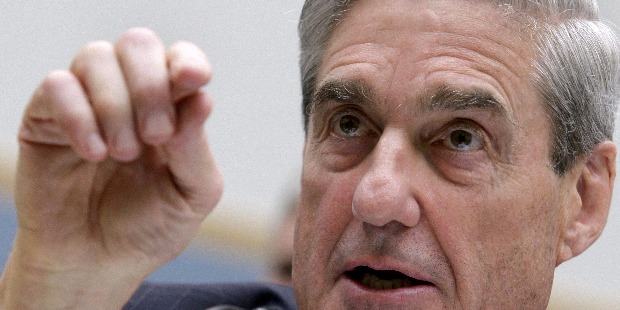
History provides no reason to believe that any asserted chilling effect justifies exempting the President from the obstruction laws. Special Counsel Robert S. Mueller’s 22-month in-depth investigation succeeded in unraveling President Donald J. Trump’s nefarious acts of Russian government’s interference during the 2016 Presidential election and 10 accounts of obstruction of justice.
Robert Mueller’s stature precedes his presence. A man of spectacular polished integrity, true professional, the former Director of FBI, a war hero and a Republican did an extensive meticulous investigation with his team to not only unravel Trump’s corrupt Presidency, but also leaves his decision for the Congress to take the decision to take necessary actions on obstruction of justice.
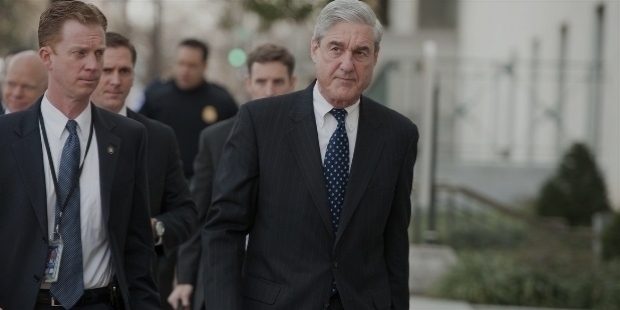
Mueller's investigation indicted more than 30 people and obtained a remarkable number of guilty pleas. It also has spun out as many as 14 other investigations, which could wear on long for the President to escape by proving his innocence. The Special Counsel unearthed how the Russian government interfered in the 2016 Presidential election in sweeping and systematic fashion.
Evidence of Russian government operations began to surface in mid-2016. In June, the Democratic National Committee and its cyber response team publicly announced that Russian hackers had compromised its computer network. Additional releases followed in July through the organization WikiLeaks, with further releases in October and November.
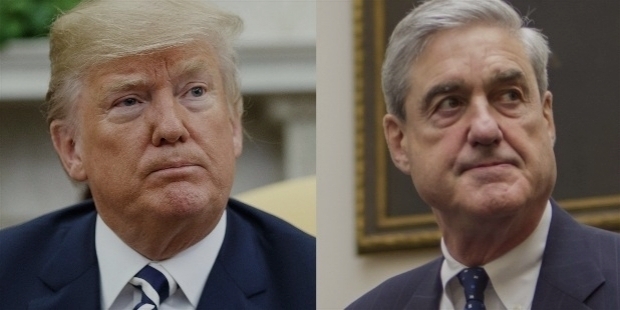
The Special Counsel's investigation established that Russia interfered in the 2016 Presidential election, principally through two operations. First, a Russian entity carried out a social media campaign, which favored Presidential candidate Donald J. Trump and disparaged Presidential candidate Hillary Clinton. Second, a Russian intelligence service conducted computer-intrusion operations against entities, employees and volunteers working on the Clinton Campaign, and then released stolen documents.
The investigation also identified numerous links between the Russian government and the Trump Campaign. Although the investigation established that the Russian government perceived it would benefit from a Trump’s Presidency and worked to secure that outcome, and that the Campaign expected it would benefit electorally from information stolen and released through Russian efforts, the investigation did not establish that members of the Trump Campaign conspired or coordinated with the Russian government in its election interference activities.
The Special Counsel stated, “In evaluating whether evidence about collective action of multiple individuals constituted a crime, we applied the framework of conspiracy law, not the concept of "collusion." Collusion is not a specific offense or theory of liability found in the United States Code, nor is it a term of art in federal criminal law. For those reasons, the Office's focus in analyzing questions of joint criminal liability was on conspiracy as defined in federal law.”
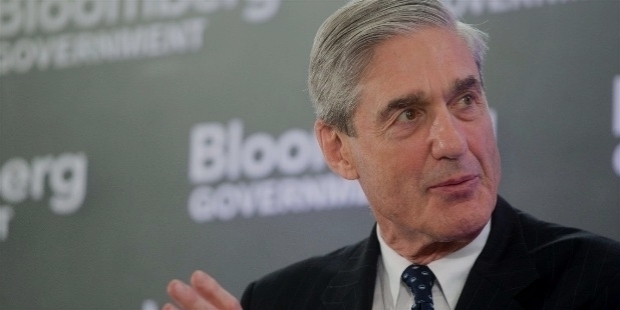
The report on our investigation consists of two volumes:
Volume I describes the factual results of the Special Counsel's investigation of Russia's interference in the 2016 Presidential election and its interactions with the Trump Campaign. Section I describes the scope of the investigation. Sections II and III describe the principal ways Russia interfered in the 2016 Presidential election. Section IV describes links between the Russian government and individuals associated with the Trump Campaign. Section V sets forth the Special Counsel's charging decisions.
Volume II addresses the President's actions towards the FBI's investigation into Russia's interference in the 2016 Presidential election and related matters, and his actions towards the Special Counsel's investigation. Volume II separately states its framework and the considerations that guided that investigation.
During its investigation the Office issued more than 2,800 subpoenas under the auspices of a Grand Jury sitting in the District of Columbia; executed nearly 500 search-and-seizure warrants; obtained more than 230 orders for communications records under 18 U.S.C. § 2703(d); obtained almost 50 orders authorizing use of pen registers; made 13 requests to foreign governments pursuant to Mutual Legal Assistance Treaties; and interviewed approximately 500 witnesses, including almost 80 before a grand jury.
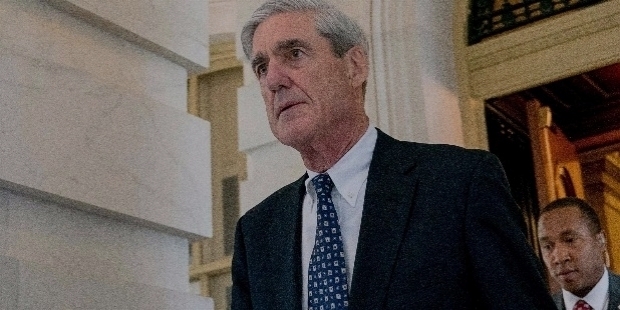
Beginning in 2017, the President of the United States took a variety of actions towards the ongoing FBI investigation into Russia's interference in the 2016 Presidential election and related matters that raised questions about whether he had obstructed justice. The Order, appointing the Special Counsel gave this Office jurisdiction to investigate matters that arose directly from the FBI's Russia investigation, including whether the President had obstructed justice in connection with Russia-related investigations. The Special Counsel's jurisdiction also covered potentially obstructive acts related to the Special Counsel's investigation itself.
In the report, Mueller also stated, “Fourth, if we had confidence after a thorough investigation of the facts that the President clearly did not commit obstruction of justice, we would so state. Based on the facts and the applicable legal standards, however, we are unable to reach that judgment. The evidence we obtained about the President's actions and intent presents difficult issues that prevent us from conclusively determining that no criminal conduct occurred. Accordingly, while this report does not conclude that the President committed a crime, it also does not exonerate him.
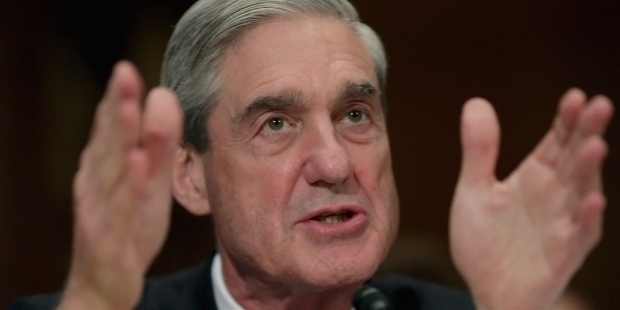
Several features of the conduct we investigated distinguish it from typical obstruction-of-justice cases. First, the investigation concerned the President, and some of his actions, such as firing the FBI director, involved facially lawful acts within his Article II authority, which raises constitutional issues discussed below. At the same time, the President's position as the Head of the Executive Branch provided him with unique and powerful means of influencing official proceedings, subordinate officers, and potential witnesses-all of which is relevant to a potential obstruction-of-justice analysis.”
Mueller Reports's Conclusion:
The Special Counsel stated, “Because we determined not to make a traditional prosecutorial judgment, we did not draw ultimate conclusions about the President's conduct. The evidence we obtained about the President's actions and intent presents difficult issues that would need to be resolved if we were making a traditional prosecutorial judgment. At the same time, if we had confidence after a thorough investigation of the facts that the President clearly did not commit obstruction of justice, we would so state.
Based on the facts and the applicable legal standards, we are unable to reach that judgment. Accordingly, while this report does not conclude that the President committed a crime, it also does not exonerate him.”
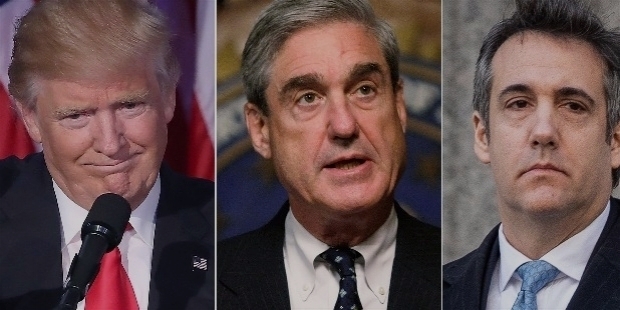
The report also indicated that in any event, probing the President's intent in a criminal matter is unquestionably constitutional in at least one context: the offense of bribery turns on the corrupt intent to receive a thing of value in return for being influenced in official action.
Mueller elucidated, “In our view, the application of the obstruction statutes would not impermissibly burden the President's performance of his Article II function to supervise prosecutorial conduct or to remove inferior law-enforcement officers. And the protection of the criminal justice system from corrupt acts by any person-including the President-accords with the fundamental principle of our government that “no person in this country is so high that he is above the law.”
Mueller also revealed clearly that since the President would not be interviewed voluntarily, they considered whether to issue a subpoena for his testimony. However, the President was given a questionnaire to answer them in written under oath. Mueller revealed the written answers by the President were found to be inadequate.
Presidential History of Corruption:
In the past 144 years, from President Ulysses S. Grant to President Donald J. Trump, the United States of America has seen 5 American Presidents face the reality of corrupt practice under Special Counsel Investigation.
In the year 1875, President Ulysses S. Grant had to fire his Special Counsel, when the investigation, which the President had ordered, got too close to the White House. In 1881, President James Garfield appointed a Special Counsel to investigate the ‘Post Office corruption’. The 20th President of the United States was assassinated six and a half months after he was elected.
In 1924, President Calvin Coolidge appointed a Special Counsel to investigate the ‘Teapot Dome scandal’. 28 years later, President Harry Truman had appointed a Special Counsel Morris to investigate corruption charges in Bureau of Internal Revenue. Interestingly, the Attorney General fired the Special Counsel and later President Truman fired his AG.
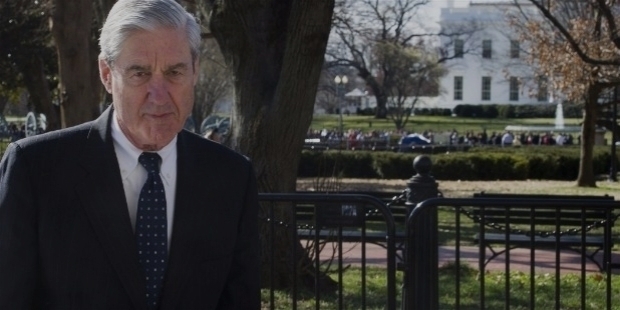
In 1972, President Richard Nixon ordered the Special Counsel Archibald Cox to investigate the Watergate burglary. The investigation became serious and Nixon ordered his AG Richardson to fire Cox. Richardson preferred to resign rather than comply with his corrupt President’s order. Cox was ultimately replaced by Leon Jaworksi, who named Nixon as ‘unindicted co-conspirator’. Nixon ultimately resigned in 1974 to escape impeachment proceedings by the House Judiciary Committee.
In 1998, Bill Clinton’s Presidency rocked with ‘Whitewater Scandal’. Special Counsel Robert Fiske was appointed to investigate, who was later replaced by Kenneth Star. However, President Bill Clinton was impeached for the Monika Lewinsky scandal.
Early Life:
Robert Swan Mueller III was born on the 7th of August 1944 in the New York City. Father Robert Swan Mueller, Jr., a World War II veteran later worked as an Executive with DuPont. Mueller was the eldest and the only son among the five children. Mueller’s family descent comprises of German, English and Scottish.
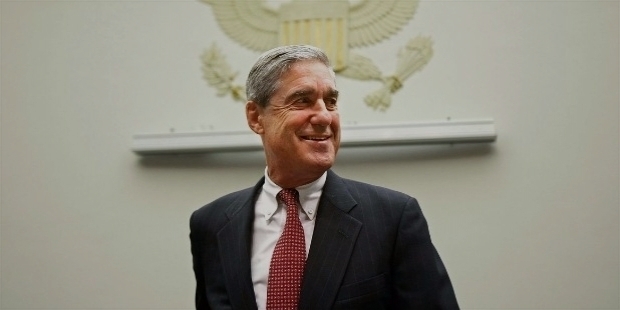
Mueller was educated at the Princeton Country Day School and St. Paul’s School in Concord, New Hampshire. He graduated from the Princeton University with Bachelor of Arts in Politics. In 1967, he completed his Masters from the New York University. He served the U.S Marine Corps. In 1973, Mueller graduted from the University of Virginia School of Law and went onto serve on the Virginia Law Review.
- Full Name :
- Robert Swan Mueller III
- Zodiac Sign :
- Leo
- Birth Place :
- New York City
USA
- Occupation :
- Lawyer
- Industry :
- Politics









